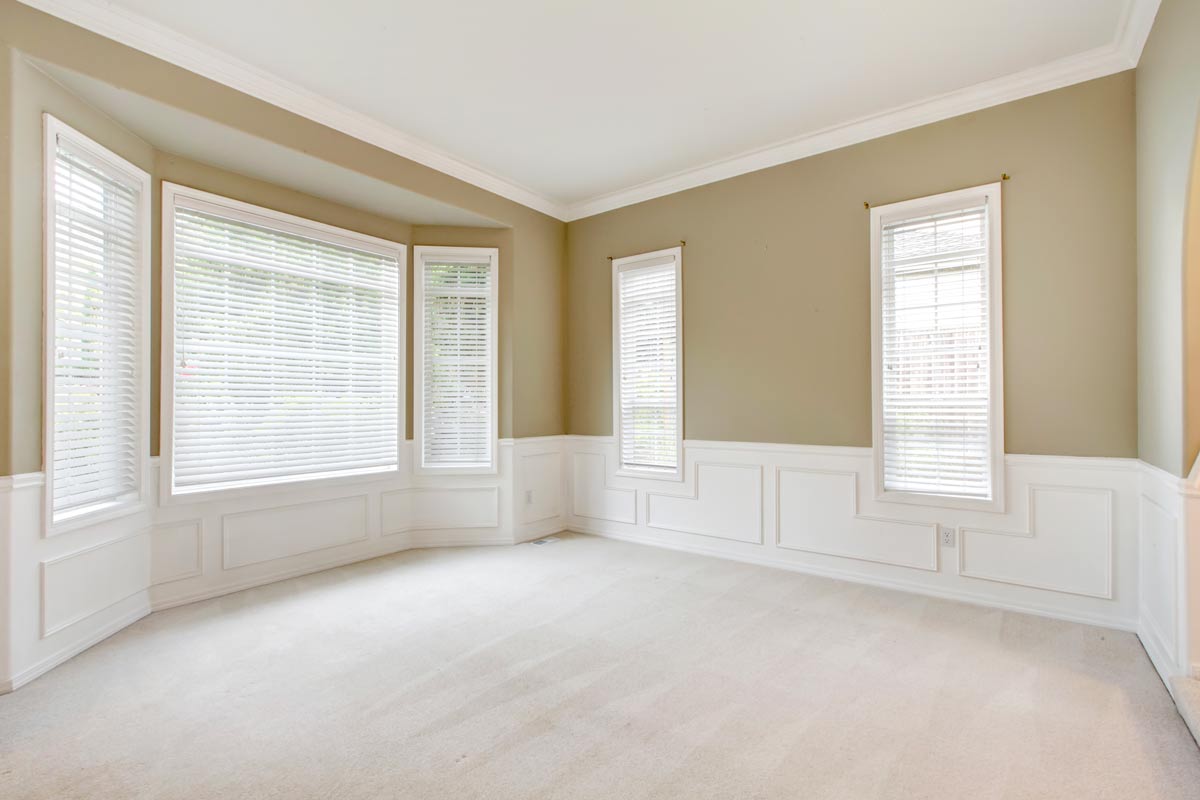Unoccupied property insurance is often much misunderstood but offers vital protection for your property in certain circumstances. Here we will answer some of the most frequently asked questions about empty property insurance.

Doesn’t unoccupied property insurance only apply to rental properties?
The only way to be sure is to check the specific wording of your own property insurance policy.
However, typically this policy condition applies equally to buy-to-let landlord properties AND owner-occupier policies.
What is the logic behind all this?
When your property is unoccupied, some of the risks it faces increase significantly.
For example, properties that are unoccupied may be at far higher risk of burglary and vandalism than those which have people in residence. Not only that, but something such as a small leak, which would typically be noticed if there were people living at the property, may go unnoticed if no-one is there – potentially causing a large amount of damage.
As a result, most property insurance policies typically limit the number of days they will cover a property for if it’s in ‘unoccupied’ status. That number may be between 30 and 60 consecutive days, depending upon your policy. That’s sufficient to cope with most holidays and short business trips etc.
If the period exceeds that number, then special insurance arrangements will be required. This is called unoccupied property insurance and takes in to account the extra risks your empty property faces.
What about tenant changeovers and cleaning/redecoration?
This would make no difference.
If you have a delay acquiring new tenants or wish to defer letting until you have completed redecoration, then if the gap exceeds the days specified in your normal landlord insurance policy, you would still need unoccupied property cover.
Is unoccupied property cover all I need if I have an empty property?
In terms of insurance, probably yes, but remember that unoccupied property cover typically brings with it policy conditions you may need to comply with as well as employing common sense.
These policy obligations may typically include:
- the need for periodic recorded inspections while your property remains unoccupied;
- possibly the mandatory use of certain security devices;
- the closing off of some utilities such as water;
- the obligation to keep external areas clean and tidy so as to hide, as far as is possible, the fact that your property is unoccupied; etc.
Is there a difference between ‘unoccupied’ and ‘empty’?
In terms of your need to make special insurance arrangements, no there is not. Your existing policy will cease – or offer severely limited cover – after the specified number of consecutive days irrespective of whether your property remains furnished or is empty.
There is a slight exception here though in certain cases.
If your property is going to be empty for an extended period during, say, major building works, then you may wish to discuss with your insurance provider the option of renovation insurance.
Do I have to buy a year long policy?
Typically, both unoccupied and renovation policies can be flexible in terms of the length of the policy, with 3, 6 or 9 month options not uncommon.
How is ‘occupied’ defined in terms of who is there and when?
This is a very complicated area which is subject to considerable variation from one policy and provider to another.
This question usually arises in the context of looking to see if unoccupied property insurance can be avoided by, say, asking a friend to sleep in the property once a week.
Typically, that sort of use wouldn’t count as being ‘occupied’ but please look at your let property insurance policy and talk to your provider to understand the exact definition that applies in your individual circumstances.
Further reading: Do I need unoccupied property insurance?